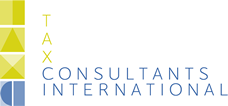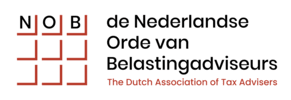Accounting & Corporate Secretarial Services Global Mobility Services Corporate compliance International labor and cross border assignments International accounting Tax compliance
The conditions for the FOR (abolished from 1 January 2023)
From 1 January 2023, the fiscal old age reserve (FOR) has been abolished. The FOR can, however, still exists on the balance sheet. When settling this FOR, the rules that previously applied apply (described below). For a broken financial year that starts before 2023 and ends in 2023, it is still possible to add amounts for the period in 2023.
The fiscal old age reserve (FOR) by its nature only applies to individuals who conduct a business in the Netherlands. The FOR is in fact meant as a provision for the pension of an entrepreneur. The contributions to the FOR and the subsequent maintenance of the FOR are of a pure administrative nature to be accounted for in the annual income tax return.
The most important conditions to build-up the FOR are:
- the individual has the fiscal status of entrepreneur (conducting a business); and
- the individual meets the hourly criterion: he/she can proof that he/she worked a minimum number of hours in the enterprise for the tax year; and
- the individual must be younger than the state pension age (in Dutch: AOW-leeftijd) at the beginning of the calendar.
The annual FOR contribution may not exceed 9.44% (2022 & 2021) of the profits. The FOR contribution is reduced with pension premiums deducted from the profit and other pension contributions received in a given year.
An absolute threshold applies for the annual FOR contribution (€ 9,632 in 2022 and € 9,395 in 2021) and the annual contribution may never be higher than the difference between the amount of the equity at year end and the accumulated amount of FOR reserve at the start of the calendar year.
Within certain limits additional FOR contributions are allowed as 'carry forward' (to the extent that in a previous year the equity was lower than the amount of the FOR in a particular year) and for certain taxable allowances and annuities received (note: for the latter the hourly criterion referred to above does not apply).
The FOR reserve will have to be released (and added to the taxable profits) for :
- the amount of annuities acquired;
- the amount in excess of the equity of the enterprise; if
- in the calendar year the enterprise has been (partly) ceased; or
- the individual has reached the state pension age (in Dutch: 'AOW-leeftijd') at the beginning of the calendar year; or
- the individual does not meet the hourly criterion in the calendar year and the preceding year.
If an individual conducts more than one enterprise special rules apply.


.png)



